Colossal Disinformation (Olavo de Carvalho)
Colossal Disinformation (Olavo de Carvalho)
Colossal Disinformation
The other day I watched a conversation between Mr. Alberto Dines and a group of young journalists from Paraná. As they discussed self-censorship — which the director of the Observatório da Imprensa called the most insidious disease afflicting journalism — I noticed that neither he nor his interlocutors mentioned what is, by any strictly objective measure, the longest-lasting and most widespread case of deliberate suppression of essential information ever recorded in the history of the Western media.
I refer, of course, to the São Paulo Forum (Foro de São Paulo). A political entity that has existed for fourteen years, founded by two global leftist pop stars — Lula and Fidel Castro — and composed of over eighty parties and movements, already qualifies, by those traits alone, as the most significant political organization in Latin America. However, when reading its resolutions reveals that it holds decision-making power, that it coordinates, under a unified strategy, the actions of all its member entities — which include legal parties like the Workers’ Party (PT) or PPS, drug trafficking cartels like the FARC, kidnapping gangs like Chile’s MIR, and even legally ambiguous entities like the MST — it becomes clear we are dealing with an immense power. Its unified operations, remaining completely unknown to the public and even to its potential adversaries, can only be met with isolated, scattered, blind resistance — and are, of course, miserably powerless to confront a threat of such magnitude. The sheer size of the monster, combined with the privilege of invisibility granted by the media, turns all politics in the continent — and particularly in Brazil — into a rigged game, with outcomes predetermined and inescapable.
In other Latin American countries, the information has circulated, and a degree of awareness is slowly beginning to form. In Brazil, outside of this column and a few independent websites, only journalist Boris Casoy ever addressed the issue, asking then-presidential candidate Luiz Inácio Lula da Silva a question about PT-FARC ties — a question answered with a polite request for him to shut up. The entire national media complied — and continues to do so. When even self-styled defenders of press freedom maintain a ritualistic and obsequious silence, preferring to play Pollyanna with the rosy virtues of Brazilian democracy or distract readers with petty, peripheral abuses, then we have passed far beyond mere “self-censorship” — fear-induced inhibition — and entered into the realm of active complicity, voluntary collaboration, and conscious disinformation.
If no journalist complains about being unable to talk about the São Paulo Forum, it’s because none actually wishes to. The complete concealment of this reality from the public is not, for them, a troubling state of affairs, but the normal exercise of what they take to be press freedom: the freedom to use the press — unchallenged and unchecked — as an instrument of disinformation in service of the leftist strategy for continental domination. A domination which, of course, being executed in partnership with themselves, does not weigh upon them at all and does not appear to them in the slightest as undemocratic.
For four decades, they have been conditioned for this — morally desensitized, intellectually standardized, and trained in the art of self-deception in journalism schools that admitted no other intellectual lineage but that of Bourdieu, Foucault, Gramsci, and the Frankfurt School.
To break that pact of general complicity and restore the press to its mission of informing the public lies beyond their capabilities. No human being desires the truth when it stands against the entire culture that shaped him — a culture that, for him, constitutes the very matrix of his humanity. The instinct of tribal self-preservation demands the total abdication of individual moral conscience, offering in return a comforting sense of “belonging.”
0



 Blackpill_52
Blackpill_52![React: JOÃO CARVALHO NÃO SABE O QUE É FASCISMO [REVOLUSHOW] - João Eigen](https://cdn.mgtow.tv/upload/photos/2025/09/YXcSnwZzQwbRDiR5U9lb_12_c860c21a8b09d171d1e4cd1584ab61cf_image_thumb_high.jpg)
 Sant77
Sant77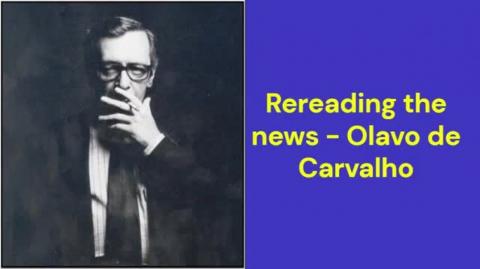
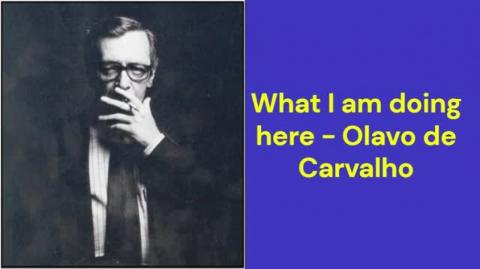
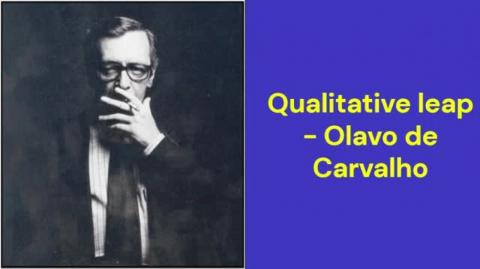
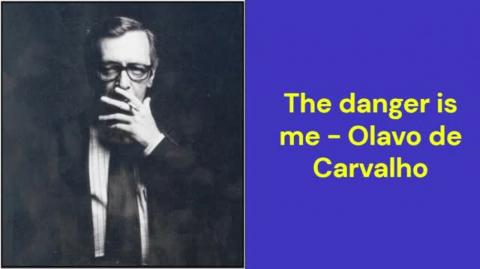
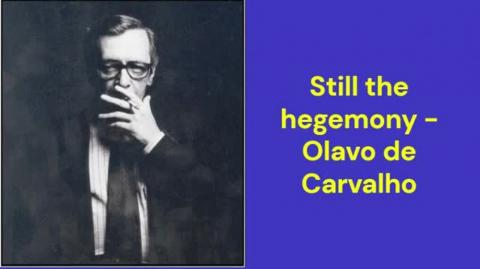
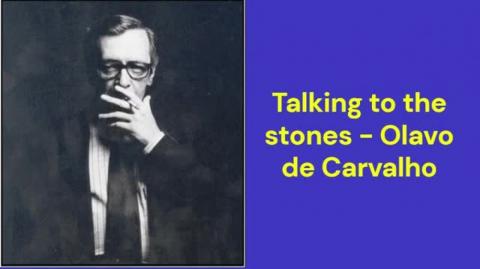
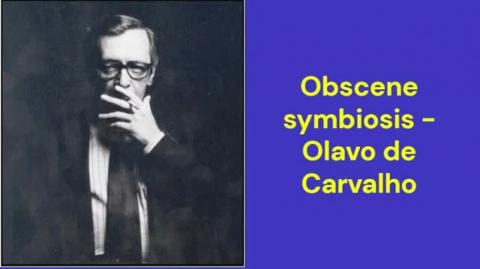
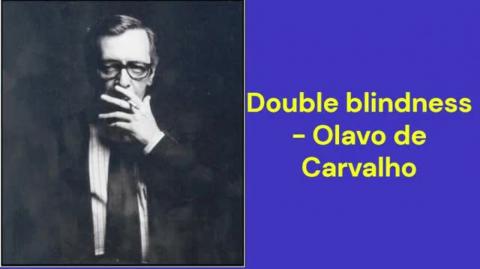
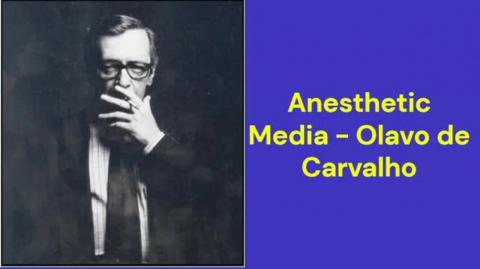
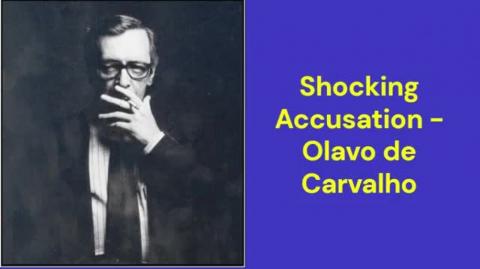
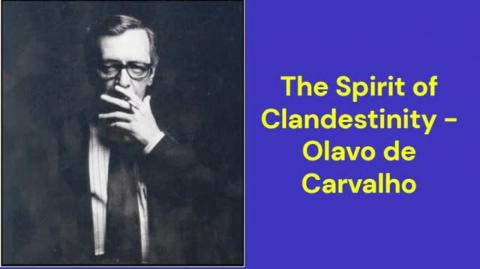
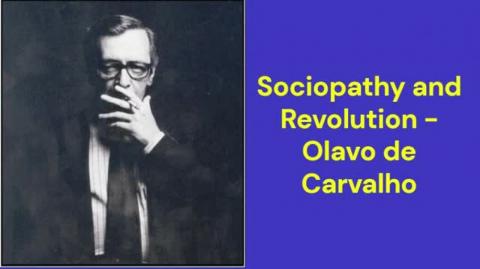
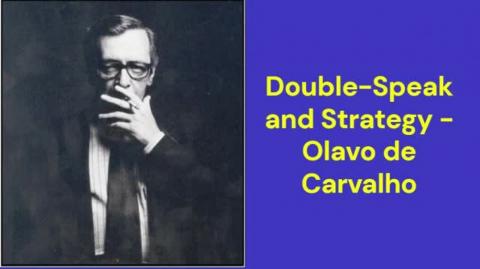
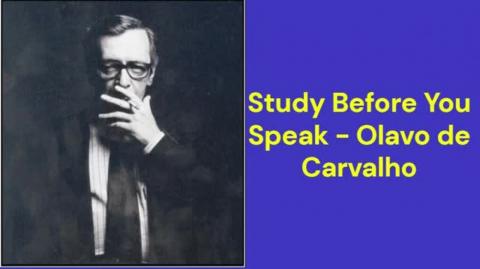
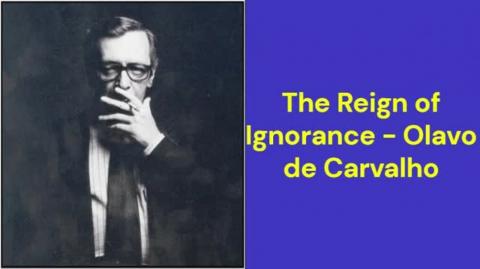
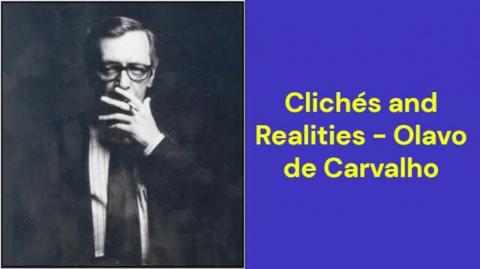
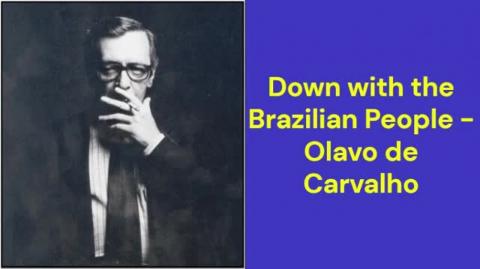
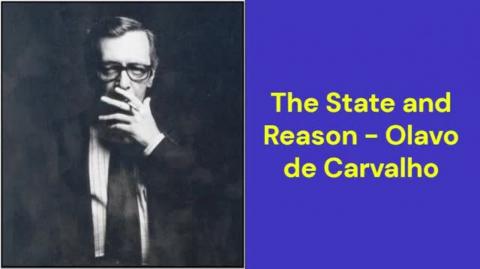


Log in to comment